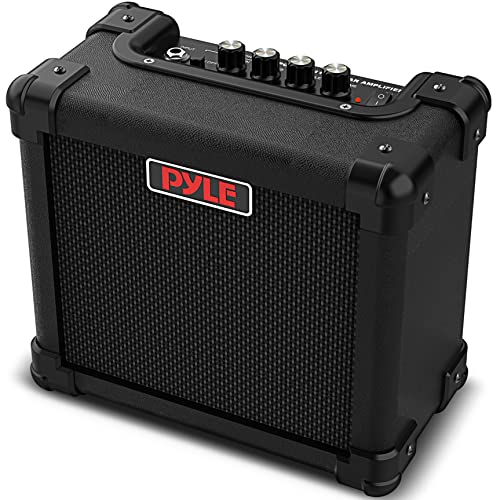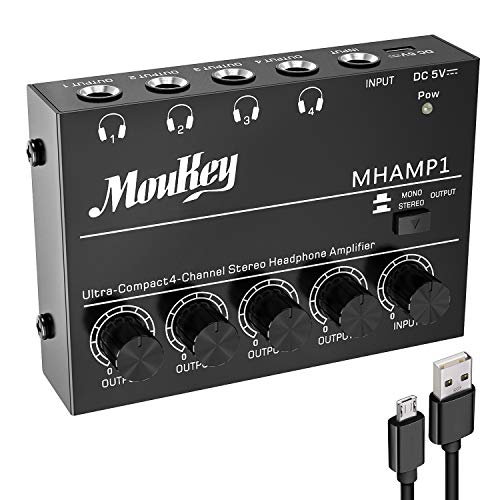pmb
Well-known member
Hi guys
Probably next week I 'll be the owner of a mark III-head
Now the problem is I still have my old cabinet (peavey 5150-cabinet)
It is 16 ohms while the mark III only has outputs for 4 and 8 ohms
When I was looking at the user manual for the mark III it said the amp wouldn't be very sensitive to speaker mismatches
But still
I'm very carefull with a great amp like a mark III
So I would like to ask if anyone knows if it would be bad to use that cabinet
Thanks Frederik
Probably next week I 'll be the owner of a mark III-head
Now the problem is I still have my old cabinet (peavey 5150-cabinet)
It is 16 ohms while the mark III only has outputs for 4 and 8 ohms
When I was looking at the user manual for the mark III it said the amp wouldn't be very sensitive to speaker mismatches
But still
I'm very carefull with a great amp like a mark III
So I would like to ask if anyone knows if it would be bad to use that cabinet
Thanks Frederik























